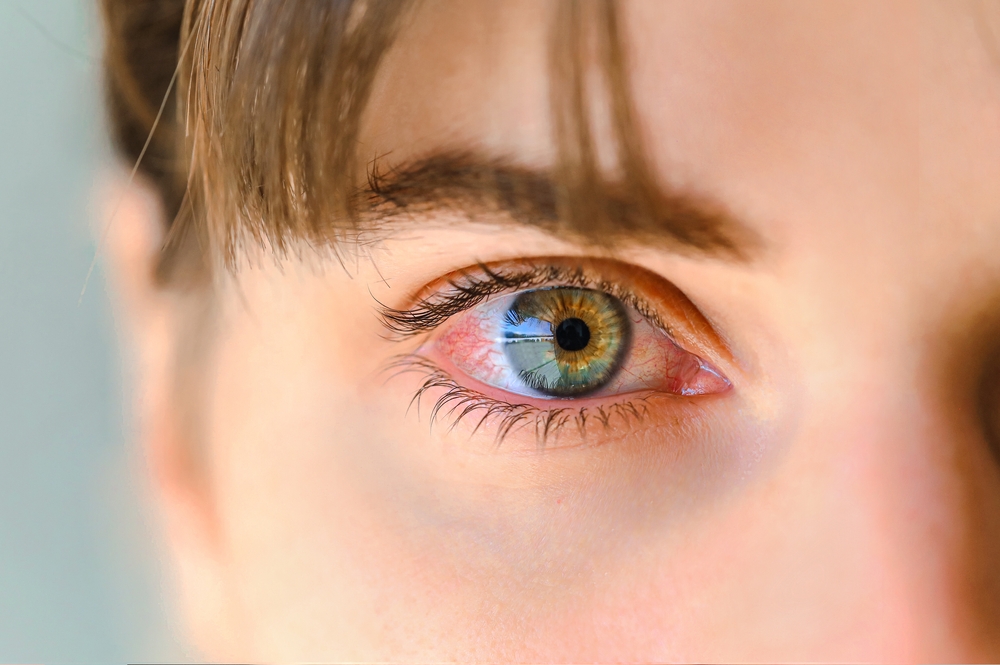
Conjunctivitis is an infection that affects the thin, transparent layer of tissue that lines your inner eyelids and covers the whites of your eyes, also known as the conjunctiva. Understanding conjunctivitis and how it relates to the use of contact lenses is crucial to maintaining the health of your eyes.
Causes of Conjunctivitis
When it comes to your contact lenses, it's crucial to understand the potential risks and complications associated with their use. The causes of conjunctivitis among contact lens wearers are many, but the most common culprits are poor hygiene and improper care of the lenses.
Bacterial and viral infections are among the most common causes of conjunctivitis among contact lens wearers. These infections can occur when you touch your lenses without washing your hands properly, or when you use unclean contact lens cases. Another cause of conjunctivitis is allergic reactions, which can occur when your eyes react to a specific type of lens material or to the solution used to clean the lenses.
Tips to Prevent Infection for Contact Lens Wearers
Preventing infection and maintaining the health of your eyes is easier when you understand the risks associated with contact lens use. Here are some essential tips to prevent infection for contact lens wearers:
First, always wash and dry your hands thoroughly before handling your contact lenses. This simple practice can significantly reduce the risk of transferring harmful bacteria or viruses to your lenses and your eyes.
Second, clean and disinfect your lenses properly after each use. Use only the recommended cleaning solution and avoid using water or saliva, as these can contain bacteria or other microorganisms that can cause infection.
Third, replace your lenses and lens case as recommended by your eye care professional. Overused lenses and cases can become breeding grounds for bacteria and viruses that can lead to conjunctivitis.
What to Do If You Get Conjunctivitis
If you suspect that you have conjunctivitis, it's crucial to act quickly to prevent further complications. First, stop wearing your contact lenses and switch to wearing glasses.
Next, schedule an appointment with your optometrist. Your doctor will examine your eyes and provide a proper diagnosis. Depending on the cause of the infection, you may be prescribed eye drops to treat the infection.
It's important to follow your eye care professional's advice and complete the prescribed course of treatment, even if your symptoms improve quickly.
The Importance of Regular Eye Exams for Contact Lens Wearers
Regular eye exams are essential for contact lens wearers. They can help detect any potential issues early, including signs of infection, inflammation, or damage to the eyes due to improper lens use.
Eye exams can also ensure that your contact lens prescription is up-to-date and that your lenses fit properly. An ill-fitted lens can irritate your eyes and increase your risk of conjunctivitis.
Conclusion
While contact lenses offer many benefits, they can also pose risks, such as the potential to contribute to conjunctivitis. By understanding this risk, following proper lens care and hygiene practices, and having regular eye exams, you can enjoy the convenience of contact lenses while keeping your eyes healthy.
To learn more tips for contact lens wearers to prevent conjunctivitis, visit Vision Source Grove Heights at our office in Houston, Texas. Please call (346) 567-7640 to schedule an appointment today.








